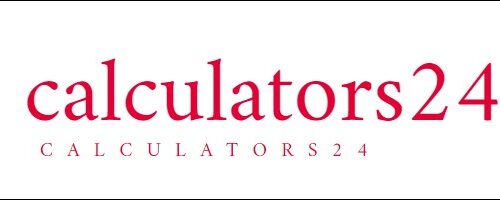Horsepower Calculator
Horsepower: N/A HP
Exploring Power Conversion: Navigating the Horsepower to Watts Journey
Unraveling the Essence of Horsepower and Watts:
Horsepower (hp):
Horsepower, a metric gauging the rate at which work is executed, finds frequent application in quantifying the power output of engines. Predominantly utilized in automotive and mechanical engineering, one horsepower approximately equals 745.7 watts.
Watts (W):
Watt, the standard unit within the International System of Units (SI) measuring power, serves as a universal metric for gauging the rate at which energy undergoes transformation. Widely adopted in electrical and electronic systems, watts are instrumental in specifying power consumption or output.
The Art of Converting Horsepower to Watts:
For those navigating the intricacies of power conversion, the transformation from horsepower to watts involves a straightforward multiplication factor. Given that 1 horsepower is roughly equivalent to 745.7 watts, the conversion formula stands as follows:
Watts (W) = Horsepower (hp) × 745.7
Illustratively, consider an engine with a power output of 150 horsepower. The equivalent power in watts can be computed using the formula:
Watts (W) = 150 hp × 745.7 ≈ 111,855 W
Hence, 150 horsepower roughly translates to 111,855 watts.
Real-world Applications:
Automotive Industry:
The seamless interchange between horsepower and watts proves indispensable in the design and assessment of vehicle engines, where power output is conventionally expressed in horsepower.
Electrical Engineering:
Professionals engaged in electrical systems frequently encounter the need to convert between diverse power units when conceiving circuits and systems.
Mechanical Engineering:
In the evaluation of power output or requirements for various mechanical devices, such as pumps and generators, the conversion from horsepower to watts emerges as a fundamental step.
Energy Consumption:
An understanding of power units empowers consumers and businesses to evaluate energy consumption, enabling informed decisions regarding energy-efficient appliances.
Renewable Energy:
Expressing power output from renewable sources like wind turbines and solar panels in watts necessitates familiarity with this conversion, particularly within the renewable energy sector.
Agriculture:
Farmers and agricultural engineers may find themselves involved in power unit conversion while selecting equipment such as tractors and irrigation pumps.
